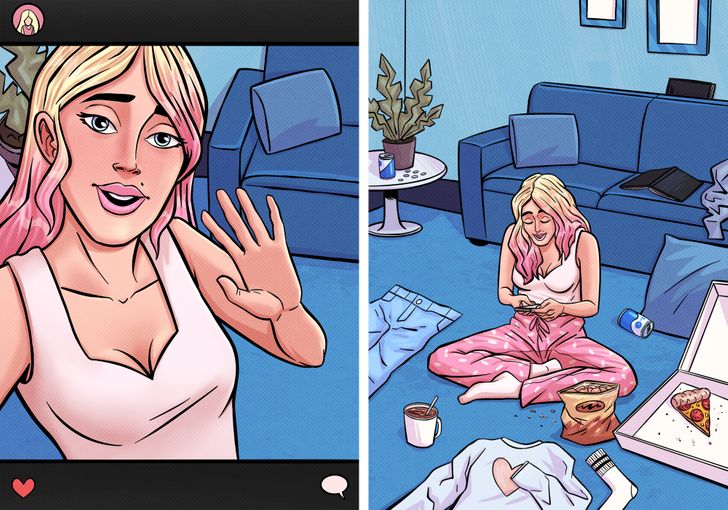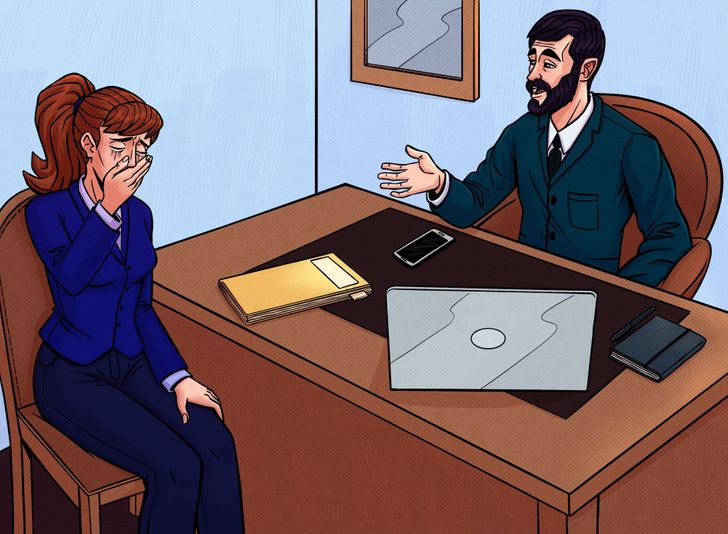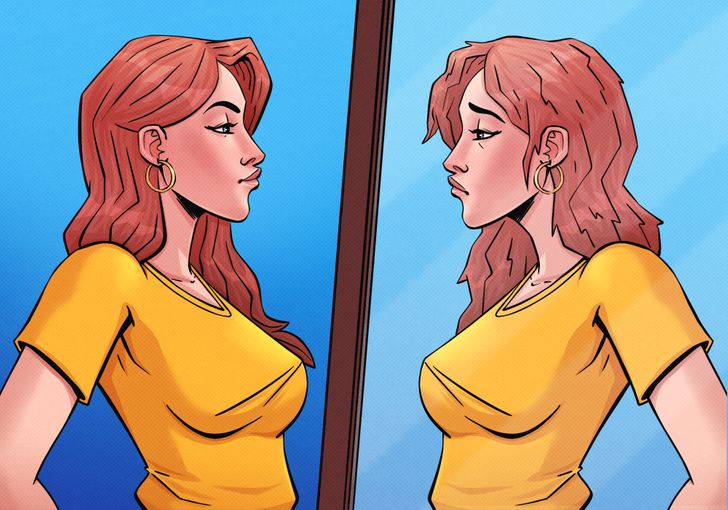Insecure behavior is toxic and can make our lives miserable. If we don’t notice low-self esteem in time, we might miss a lot of opportunities, or it might even take us on a downward spiral. The good news is that there are certain qualities that may point out that you aren’t always secure enough.
We at Bhaskar Health believe that mental health is important. That’s why it’s good to learn the 8 signs of low confidence to overcome it before it causes any trouble.
1. You’re excessively positive.
While it’s great to stay positive, sometimes people might hide their emotional insecurities behind their smiles. Sometimes people use it as a distraction from something that’s bad. Like when you call your friend who had a tough day — if they’re self-confident enough, they’ll talk about their troubles honestly. If not, they’ll focus on the good things that happened, distracting themselves from dealing with real problems.
2. You want a perfect result each time.
Perfectionism can be a result of low self-esteem. A person who never feels satisfied with themselves can’t accept the results they get and can get stuck with a task for a long time, trying to get an ideal outcome.
For example, a person with low self-esteem will feel anxious that the room won’t be clean enough and guests won’t be satisfied. So instead of spending 30 minutes cleaning up, these people will spend hours making sure that everything is shining.
3. You can’t accept feedback.
If you’re insecure, when someone reviews your work, you might think that the feedback is about you personally, not about the task that you’ve completed. As a result, feedback can be very hard to accept. The next time someone gives you feedback, try to focus on the valuable information that is given to you, like what things can be done better. And make sure not to deny your merits when someone praises you.
4. It’s important for you to share your achievements.
Sharing an upbeat side of our life has become especially easy with the help of social networks. But keep in mind, if you see someone actively showcasing the good things in their life, they might just be seeking approval and acceptance — and their feelings depend on it.
While it’s okay to share good things with others, it shouldn’t boost your feelings of self-worth. Our family and friends love us independently of our recent promotion, fashion sense, and hobbies.
5. You can’t say no.
This type of person has no second thoughts about hopping on a bus across town to babysit their friend’s kids, even after a long, taxing day at work. It’s great if you want to help others, but if people are using you up, it’s time to but a stop to it.
Every time you help someone else at the expense of yourself, your mind thinks that what you want is unimportant. Imagine how your life would change if you stopped agreeing to do all these unnecessary favors. Not only would people start to respect you and your boundaries, but you would also have a better sense of self-worth. Plus think about all that extra free time you’ll have to enjoy the things that you love and deserve.
6. You need reassurance about everything.
Some people can’t handle short-term anxiety, so they’re constantly asking others for approval and support. Sometimes it might relieve your worries, but in the long-term, it’s signaling that you can’t handle things by yourself. For example, if someone just bought new clothes and feels an urge to share pictures with others to ask how they look in them, it might be a signal of low self-esteem.
7. You often resort to catastrophic thinking.
We all have a friend who overthinks things and irrationally worries about worst-scenario situations. Their partner might simply be running 30 minutes late from work, but an insecure person is already imagining that they might be cheating or that they got into a car accident. Catastrophic thinking is a very toxic trait that needs to be managed. Start thinking about the best-case scenarios first and try to evaluate the probability of these less-desirable outcomes.
8. You tend to blame others.
We believe that being critical is important, but make sure you don’t use criticism to make yourself feel better. The sense of one’s well-being should be based on a healthy headspace. If you use criticism toward a person who doesn’t deserve it, it will make you feel guilty in the long-run, which will only worsen any insecurities.
Do you feel confident enough about yourself? What makes you think that someone has self-esteem problems?







0 Comments